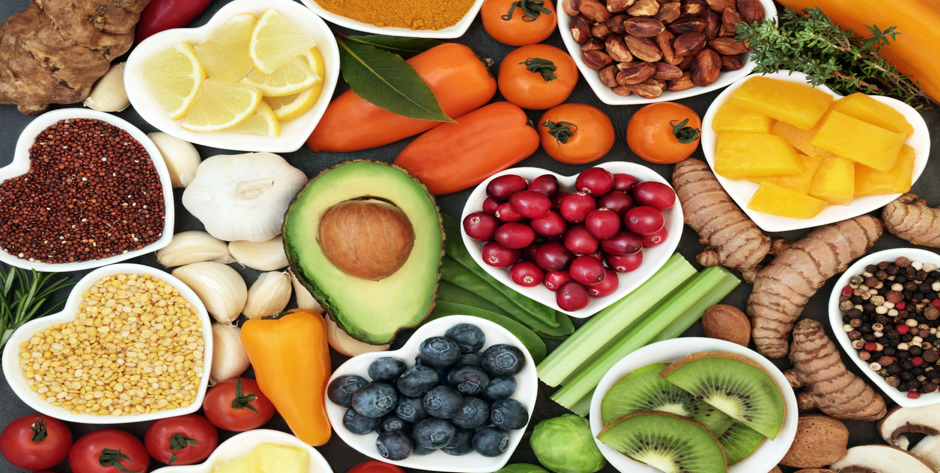Everyone is thinking immunity at the moment. Social media is full of supplements, diets and herbal extracts that are supposed to boost your immune system. We take a look at some of the foods and nutrients your body actually needs – and why washing your hands is the most important step of all.
Can Diet Make You Bullet Proof?
There is no diet, food or nutrient that is going to make you immune to every bug that is going but we can make sure that our bodies have the nutrients we need to help support our immune system to do its job –whether you are trying to avoid an infection or if you already have one. The most important thing to do is to wash your hands well. You’d be surprised how many infections are spread by touch. Use soap and water – and proper handwashing technique. Many people don’t actually wash their hands properly but the HSE has advice on how to do it:
How to wash your hands with soap and water
- Wet your hands with warm water and apply soap.
- Rub your hands together until the soap forms a lather.
- Rub the top of your hands, between your fingers and under your fingernails.
- Do this for about 15 seconds.
- Rinse your hands under running water.
- Dry your hands with a clean towel or paper towel.
Protein
Your immune system responds to an infection by making lots of new cells. These come from your bone marrow and you need to have enough protein to allow your body to make all the new cells it needs. This doesn’t mean you have to go crazy with the protein shakes. You just need to make sure you have some protein coming in at every meal. It is a good idea to make sure that protein makes up about ¼ of your plate and lunch and dinner. There is no harm have a little protein at breakfast too. Try having an egg at breakfast (one is plenty); peanut butter or almond butter on wholegrain toast or adding seeds to breakfast cereals and porridge. If you are vegetarian you need to have 3 handfuls of beans or lentils every day to make sure you are getting enough protein. You can also add protein by snacking on nuts and seeds.
Protein foods include:
• All kinds of meat, chicken and fish
• Beans like chickpeas, kidney beans, cannellini beans and black beans
• Lentils – red, green or brown
• Eggs
• Shellfish
• Nuts and seeds

Vitamin C
Probably the most famous nutrient for immunity is vitamin C. Vitamin C is found in vegetables and especially fruit. You need to be eating 5-7 servings of fruit and vegetables per day. The easiest way to do this is to make 1/3 – ½ of your meals fruit, salad or vegetables. Try having fruit with breakfast; a bowl of vegetable soup or a side salad at lunch and a stir-fry at dinner. Do you need a supplement? If you are eating all your fruit and vegetables you will have more than enough vitamin C.
B Vitamins
The family of B vitamins are involved in everything from making new blood cells and metabolism to reducing tiredness and fatigue and keeping immune system up and running. You find different B vitamins in different foods. Milk, chicken, eggs and yoghurt are all good sources of vitamin B12. Find other B vitamins in fish, almonds, hazelnuts, bananas and wholegrains.
Zinc
When it comes to the immune system, zinc is the new vitamin C. Find zinc in seeds like sunflower seeds and sunflower seeds as well as nuts like walnuts, cashews and brazil nuts. Add seeds to breakfast cereals or smoothies and chop nuts through salads or have as a snack.
Sleep
Don’t underestimate this one. No matter what you eat, you will still run into problems if you don’t get enough rest and sleep. Try to get at least 7 hours a night with between 8 and 9 hours being best of all. And do try to get to bed early a few nights a week. Your body really benefits from getting the head down well before midnight. Remember: “An hour before midnight is worth two after”.
For more on Sarah’s offering, visit Eatwell. Speak to your doctor if you’re considering a new diet or lifestyle.